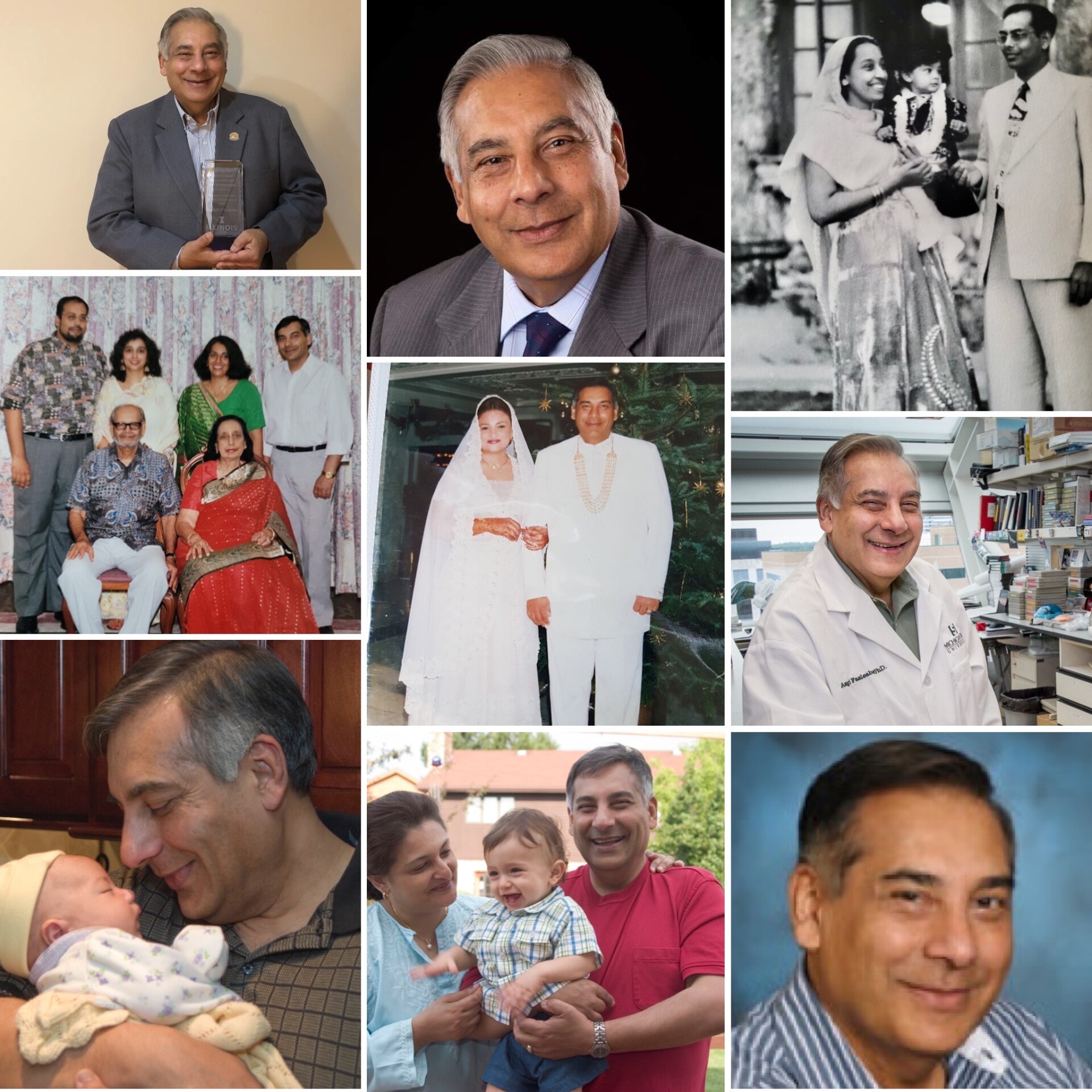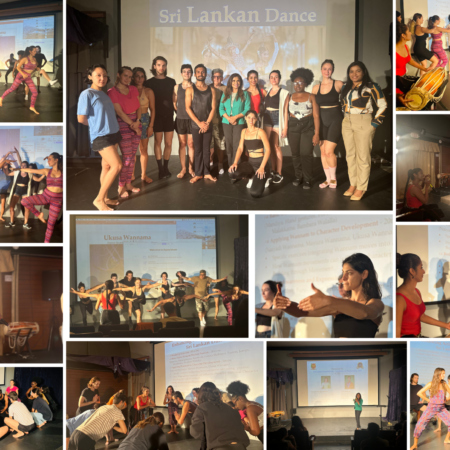Professor Asgerally (Asgi) Fazleabas received his early education initially at St Joseph’s College, Colombo and then at St. Thomas’ College, Gurutalawa and Mt Lavinia. He earned a bachelor’s degree from California State University in Fresno, California and his master’s and PhD degrees in Reproductive Physiology at the University of Illinois Urbana-Champaign. He completed his postdoctoral training at the University of Florida, Gainesville.
In 1985, Professor Fazleabas became an Assistant Professor in the Department of Obstetrics and Gynecology at the University of Illinois, Chicago and quickly moved through the academic ranks becoming a full professor in 1995. He served as Director of the Center for Women’s Health and Reproduction at the University of Illinois from 2002 to 2009. In 2009, Dr. Fazleabas was recruited to the Department of Obstetrics, Gynecology and Reproductive Biology in the College of Human Medicine at Michigan State University with the deliberate goal of elevating women’s health research at Michigan State University to national prominence and influence. His significant contributions have resulted in the department being recognized as a national leader by several benchmarks, including being ranked in the top 5 of 136 departments in the country with NIH funding for the last 7 years. Dr. Fazleabas’ influence has resulted in the significant advancement of women’s health training and research being conducted at Michigan State University.
Prof. Fazleabas is considered a pioneer in the area of uterine biology, and the clinical translation of this research to human implantation failure and endometriosis. Dr. Fazleabas has been funded continuously by the National Institutes of Health in the USA since 1986 for his research in reproductive and developmental biology. The work in his laboratory has significant translational relevance related to improved pregnancy outcomes in infertile women as well as understanding the etiology and the pathophysiology associated with the development of endometriosis, a disease that affects over 200 million women worldwide. A significant area of his research emphasis has been to study the early events associated with maternal-fetal interactions during the establishment of pregnancy and the mechanisms by which these interactions are affected in women and non-human primates with endometriosis. The development of the non-human primate model that recapitulates these diseases was a scientific tipping point to advancing knowledge in this area. He has over 250 peer reviewed publications and has authored multiple book chapters and reviews.
His accomplishments and significance of the work in moving the field forward has been recognized at several levels. He has received many awards, including the National Institutes of Health Beacon Award (2005), Distinguished Research Award from the Society for the Study of Reproduction (2010), election as a Fellow of the American Society for the Advancement of Science (2011), World Class University Professor (2013) from Seoul National University, Korea, the Distinguished Service Award (2016) and the Carl G. Hartman Award (2021) from Society for the Study of Reproduction. In 2017 and 2018 he recognized as a University Distinguished Professor and MSU Foundation Professor respectively at Michigan State University. In addition, his alma mater – The University of Illinois, College of Agricultural, Consumer and Environmental Sciences recognized him with a Career Achievement Award in 2020.
Prof. Fazleabas has mentored some of the most influential leaders in reproductive medicine today. His dedication to training the next generation of physicians and investigators is clearly appreciated by those whose careers he has guided. Further, he has been instrumental in facilitating opportunities for early career Sri Lankan scientists to participate in the training programs in reproduction and stem cell biology in the US as well as organizing several workshops in Sri Lanka. His philosophy is aligned with providing outstanding education to promising, qualified students to prepare them to contribute fully to society as globally engaged citizen leaders.
Therefore, it is evident that Professor Asgi Fazleabas has distinguished himself and dedicated his life to a sustained record of selfless teaching, service and pioneering research. Further, he has presented over 270 invited talks all over the world and has worked extensively with numerous collaborators both nationally and internationally. His laboratory also serves as an intellectually stimulating training ground for numerous undergraduate students, graduate students, medical students, postdoctoral fellows and visiting scientists.






















